How Long Can a Dog Go Without Water? Full Guide in 2024
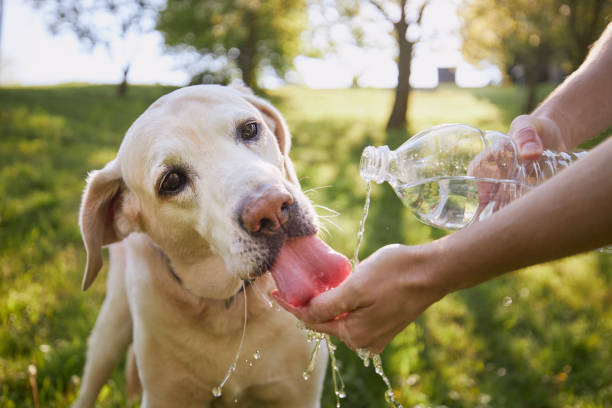
A dog’s ability to go without water varies depending on factors like size, age, and health. Generally, a healthy adult dog can survive without water for about 3 to 5 days in normal conditions. However, this timeframe can be shorter in extreme heat or if the dog is exerting itself physically. It’s crucial to ensure that dogs have access to clean, fresh water at all times to prevent dehydration and maintain their overall well-being. Dehydration can lead to serious health issues, so it’s essential to monitor your dog’s water intake, especially during hot weather or periods of increased activity.
In summary, while a dog may be able to survive a few days without water, it’s not advisable to let them go without it for extended periods. Providing access to water is essential for keeping your furry friend healthy and happy. If you notice signs of dehydration, such as excessive panting, lethargy, or sunken eyes, it’s essential to seek veterinary attention promptly.
How Long Can a Dog Go Without Water
Have you ever wondered how long your furry companion can survive without water? Dogs, like humans, rely on water for survival and maintaining their health. But just How Long Can a Dog Go Without Water? Let’s explore this important question and uncover the facts about canine hydration.
Dogs can typically survive without water for about 3 to 5 days, depending on various factors. However, it’s important to note that this timeframe can vary based on the dog’s size, age, health, and environmental conditions. Smaller dogs and puppies may become dehydrated more quickly than larger breeds due to their higher metabolic rates and smaller body mass.
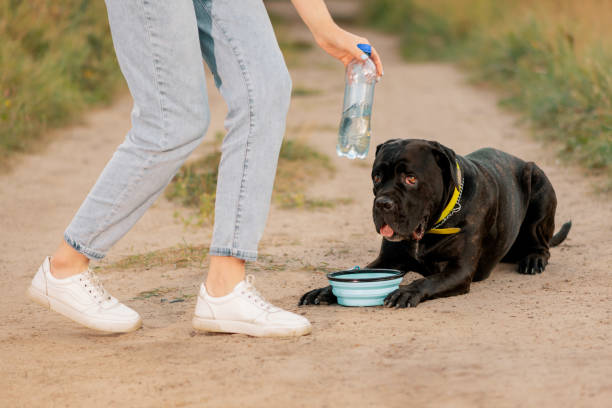
In general, dogs need access to clean, fresh water at all times to prevent dehydration and maintain their well-being. Dehydration can lead to serious health issues and even become life-threatening if left untreated. Therefore, it’s crucial for pet owners to ensure that their dogs always have access to water, especially during hot weather or periods of increased activity.
Signs of dehydration in dogs include excessive panting, lethargy, dry or sticky gums, sunken eyes, and loss of skin elasticity. If you notice any of these symptoms, it’s essential to provide your dog with water immediately and seek veterinary attention if necessary.
While dogs have a remarkable ability to tolerate temporary water deprivation, it’s not advisable to let them go without it for extended periods. Water is essential for regulating body temperature, aiding digestion, transporting nutrients, and eliminating waste. Without an adequate supply of water, dogs can quickly become dehydrated, leading to serious health complications.

How can help prevent dehydration in dogs
In addition to providing access to water, pet owners can help prevent dehydration in their dogs by following these tips:
1. Monitor Water Intake
Keep an eye on your dog’s water consumption and refill their water bowl regularly, especially during hot weather or after physical activity.
2. Encourage Hydration
Some dogs may need encouragement to drink water, especially if they are not feeling well or have been reluctant to drink in the past. Adding water to their food or offering ice cubes as a treat can help increase their water intake.
3. Offer Multiple Water Sources
Place water bowls in different locations throughout your home and yard to ensure that your dog always has access to water, even when you’re not around.
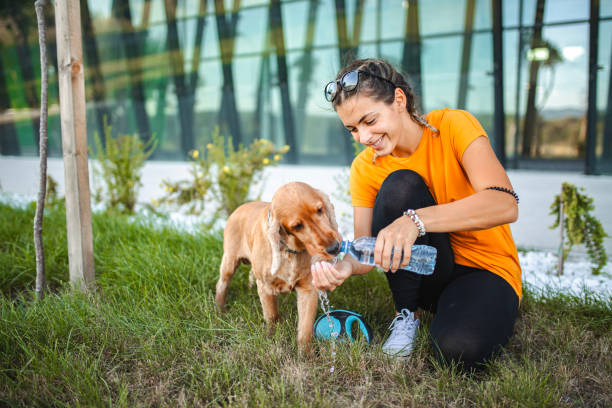
4. Consider Traveling Water Bowls
If you’re going on a road trip or spending time outdoors with your dog, bring along a portable water bowl and plenty of water to keep them hydrated on the go.
5. Provide Shade and Shelter
When spending time outdoors, make sure your dog has access to shade and shelter to avoid overheating and dehydration.
6. Limit Physical Activity
During hot weather, avoid strenuous exercise and limit outdoor activities to early mornings or late evenings when temperatures are cooler.
7. Know the Signs of Dehydration
Familiarize yourself with the symptoms of dehydration in dogs and take prompt action if you notice any signs of distress.
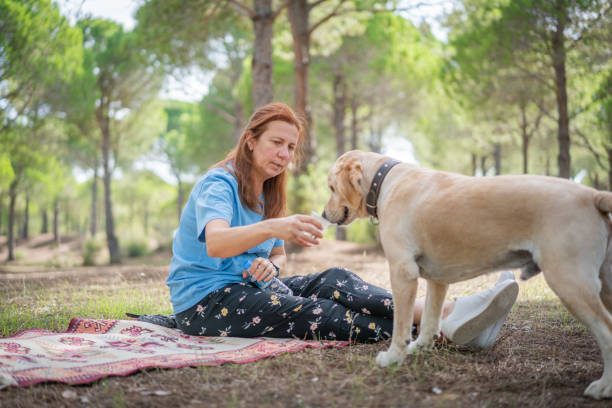
By taking proactive measures to ensure your dog stays hydrated, you can help keep them healthy and happy for years to come. Remember that water is essential for your dog’s overall well-being and should never be overlooked or neglected. If you have any concerns about your dog’s hydration or health, don’t hesitate to consult with your veterinarian for personalized advice and guidance.
In conclusion, while dogs can survive for a few days without water. It’s essential to prioritize hydration to prevent dehydration and maintain their health. By providing access to clean, fresh water and monitoring your dog’s water intake. You can help ensure that they stay happy, healthy, and hydrated throughout their lives.
Why is Water Important For Dogs?
Water is crucial for dogs’ survival and well-being, playing a vital role in maintaining their health and bodily functions. Without an adequate supply of water, dogs can quickly become dehydrated, leading to serious health complications.
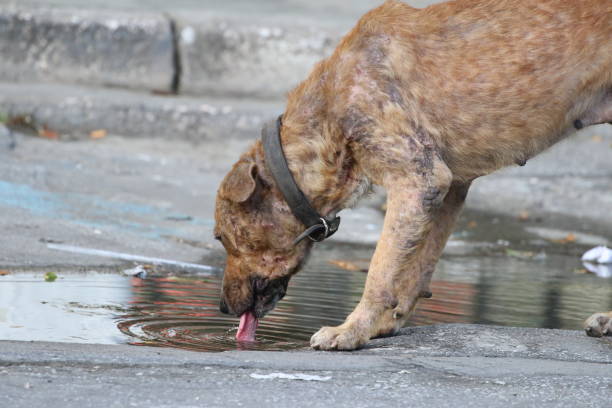
Understanding the Importance of Water for Dogs
Water is essential for dogs to regulate body temperature, aid digestion, transport nutrients, and eliminate waste. It lubricates joints, cushions organs, and helps maintain healthy skin and coat. Dogs lose water through various processes such as breathing, urination, defecation. And panting, making it necessary to replenish their water supply regularly.
Hydration and Health
Proper hydration is essential for dogs’ overall health and well-being. Dehydration can lead to serious health issues such as kidney damage, urinary tract infections, heat stroke, and organ failure. Dogs need access to clean, fresh water at all times to prevent dehydration and maintain their hydration levels.
Factors Affecting Water Needs
Several factors can influence a dog’s water requirements, including size, age, activity level, diet, and environmental conditions. Larger dogs and active breeds may need more water than smaller or less active dogs. Puppies, senior dogs, pregnant or nursing dogs, and those with certain medical conditions may also require additional water.
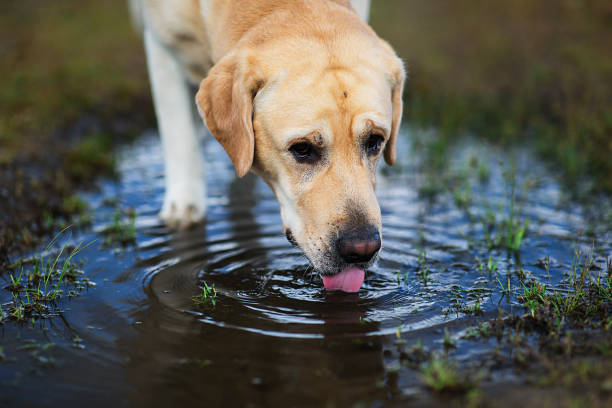
Signs of Dehydration
It’s essential for pet owners to be aware of the signs of dehydration in dogs, including excessive panting, dry or sticky gums, lethargy, sunken eyes, loss of skin elasticity, and dark urine. If left untreated, dehydration can quickly become life-threatening, so it’s crucial to address it promptly.
Preventing Dehydration
Pet owners can help prevent dehydration in their dogs by ensuring they have access to clean, fresh water at all times. Monitoring water intake, especially during hot weather or after physical activity, can help ensure dogs stay properly hydrated. Offering water-rich foods, such as wet dog food or fruits and vegetables, can also contribute to their hydration.
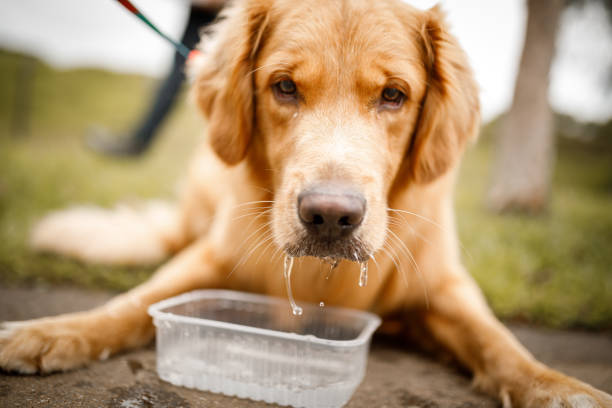
Tips for Keeping Dogs Hydrated
Monitor Water Intake
Keep an eye on your dog’s water consumption and refill their water bowl regularly, especially during hot weather or after exercise.
Encourage Drinking
Some dogs may need encouragement to drink water, such as adding water to their food or offering ice cubes as a treat.
Provide Multiple Water Sources
Place water bowls in different locations throughout your home and yard to ensure your dog always has access to water.
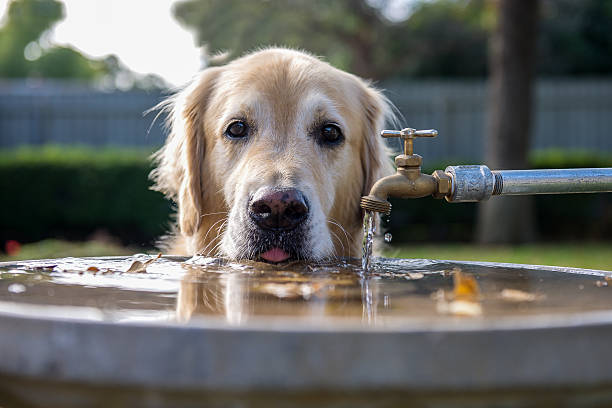
Use Traveling Water Bowls
When traveling or spending time outdoors with your dog, bring along a portable water bowl and plenty of water to keep them hydrated.
Offer Shade and Shelter
Ensure your dog has access to shade and shelter when outdoors to avoid overheating and dehydration.
Limit Physical Activity
During hot weather, avoid strenuous exercise and limit outdoor activities to cooler times of the day.
Know the Signs of Dehydration
Familiarize yourself with the symptoms of dehydration in dogs and take prompt action if you notice any signs of distress.
Conclusion
In conclusion, water is essential for dogs’ health and well-being, playing a vital role in maintaining their bodily functions and overall hydration. Pet owners must prioritize hydration by providing access to clean, fresh water at all times and monitoring their dog’s water intake, especially during hot weather or periods of increased activity. By taking proactive measures to ensure their dogs stay properly hydrated, pet owners can help prevent dehydration and maintain their furry friends’ health and happiness for years to come. If you have any concerns about your dog’s hydration or health, don’t hesitate to consult with your veterinarian for personalized advice and guidance.
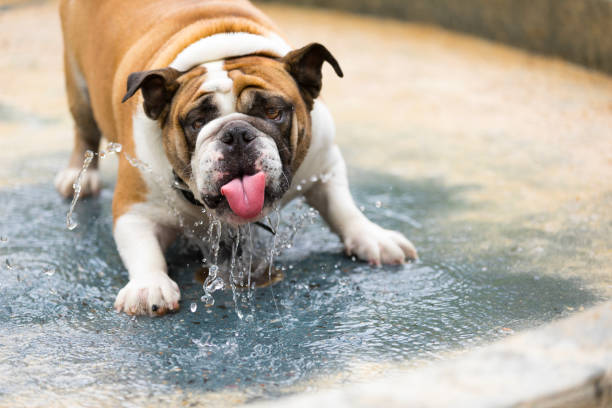
How long can a dog go without water?
Dogs can typically survive without water for about 3 to 5 days, depending on various factors such as size, age, health, and environmental conditions. However, it’s crucial to ensure that dogs have access to clean, fresh water at all times to prevent dehydration and maintain their overall well-being. Dehydration can lead to serious health issues, so it’s essential to monitor your dog’s water intake, especially during hot weather or periods of increased activity.
What factors affect how long a dog can go without water?
Several factors can influence a dog’s ability to survive without water, including size, age, health, and environmental conditions. Larger dogs may have higher water requirements than smaller breeds, while puppies and senior dogs may be more susceptible to dehydration. Additionally, hot weather, physical activity, and certain medical conditions can increase a dog’s need for water.
Can dogs become dehydrated quickly?
Yes, dogs can become dehydrated rapidly, especially in hot weather or after physical activity. Dehydration occurs when a dog loses more fluids than they take in, leading to an imbalance in their body’s water levels. It’s essential to monitor your dog closely for signs of dehydration and provide them with plenty of water to prevent this condition.
What are the signs of dehydration in dogs?
Signs of dehydration in dogs include excessive panting, dry or sticky gums, lethargy, sunken eyes, and dark urine. You may also notice a loss of skin elasticity or reluctance to move or eat. If you suspect that your dog is dehydrated, it’s crucial to take prompt action to rehydrate them and seek veterinary attention if necessary.
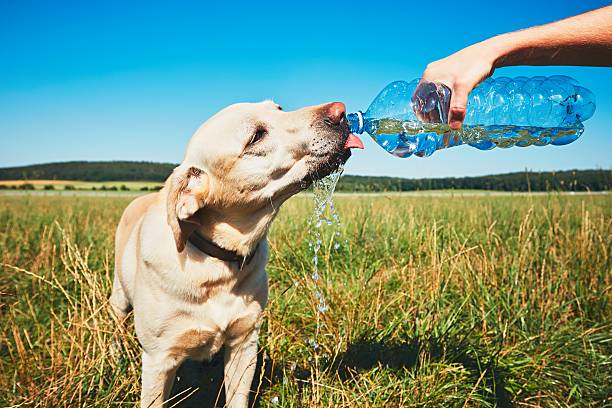
How can I prevent dehydration in my dog?
You can help prevent dehydration in your dog by ensuring they have access to clean, fresh water at all times. Monitor your dog’s water intake regularly, especially during hot weather or after physical activity. Consider adding water to their food or offering ice cubes as a treat to encourage them to drink more.
Are certain breeds more prone to dehydration?
Some breeds may be more susceptible to dehydration due to their size, coat type, or anatomy. Brachycephalic breeds, such as Bulldogs and Pugs, may have difficulty breathing and regulating their body temperature, increasing their risk of dehydration. Additionally, dogs with thick coats may be more prone to overheating and dehydration in hot weather.
Can puppies become dehydrated more quickly than adult dogs?
Yes, puppies have higher water requirements and may become dehydrated more rapidly than adult dogs. Their smaller size and higher metabolic rate contribute to increased fluid loss, especially during periods of growth and development. It’s essential to provide puppies with plenty of water and monitor their hydration closely to prevent dehydration.
How can I encourage my dog to drink more water?
You can encourage your dog to drink more water by making it readily available and appealing to them. Ensure that their water bowl is clean and filled with fresh water at all times. You can also try adding water to their food or offering ice cubes as a refreshing treat. Some dogs may prefer running water from a fountain or dripping faucet, so consider investing in a water fountain for them to drink from.
Should I be concerned if my dog isn’t drinking much water?
Yes, decreased water intake can be a cause for concern and may indicate an underlying health issue. If your dog is drinking less water than usual or showing signs of dehydration, such as dry gums or lethargy, it’s essential to monitor them closely and consult your veterinarian. Dehydration can lead to serious health complications if left untreated, so it’s crucial to address any issues promptly.
When should I seek veterinary attention for dehydration in my dog?
If you notice signs of dehydration in your dog or if their water intake decreases significantly, it’s essential to seek veterinary attention promptly. Your veterinarian can assess your dog’s hydration status and provide appropriate treatment, such as intravenous fluids or medication. Dehydration can quickly become life-threatening if left untreated, so it’s crucial to address it as soon as possible.
Share this content:

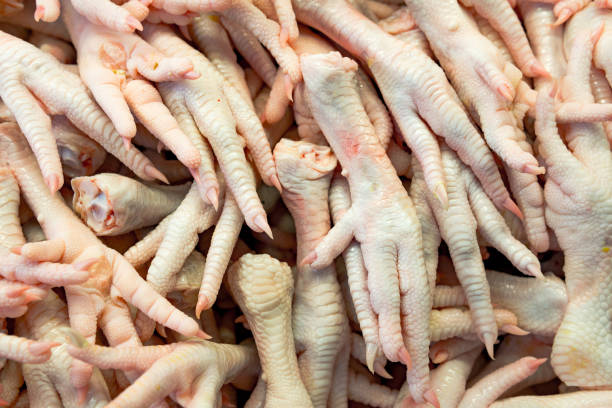
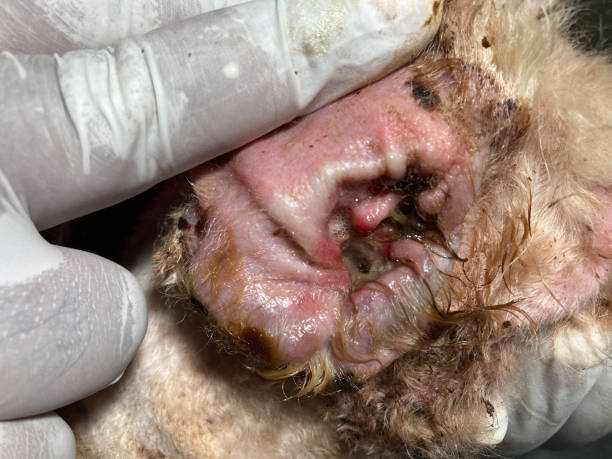
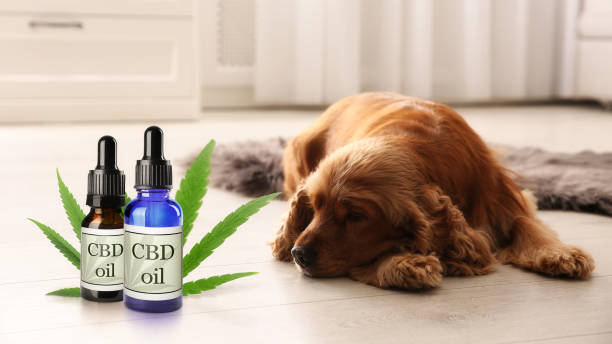
Monitor your dog’s water intake regularly, especially during hot weather or after physical activity. Consider adding water to their food or offering ice cubes as a treat to encourage them to drink more